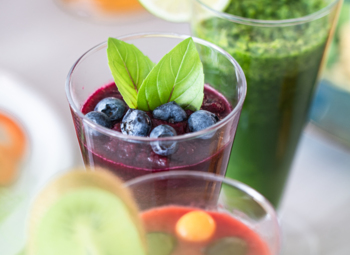Your path to health begins in Sofra! 70 thousand guests, millions of possibilities
More about usyears of tradition
clients
treatments

included in the price
Dr Ewa Dąbrowska


Sofra Health Institute in Karpacz is a modern facility with comfortable rooms and apartments, as well as comprehensive treatment facilities, catering, and a professional SPA. One of its undeniable advantages is the location - in the heart of Karpacz, with a direct view of the Karkonosze Mountains and the highest peak - Śnieżka.
Surrounded by greenery, Sofra Health Institute in Mielno Unieście is situated on a spit - just 100 metres from the Baltic Sea and 250 metres from Lake Jamno. The picturesquely located all-season facility offers comfortable rest in well-equipped rooms and professional weight-loss and rehabilitation treatments preceded by a thorough medical analysis.
Sofra Health Institute in Karpacz is a modern facility with comfortable rooms and apartments, as well as comprehensive treatment facilities, catering, and a professional SPA. One of its undeniable advantages is the location - in the heart of Karpacz, with a direct view of the Karkonosze Mountains and the highest peak - Śnieżka.

Surrounded by greenery, Sofra Health Institute in Mielno Unieście is situated on a spit - just 100 metres from the Baltic Sea and 250 metres from Lake Jamno. The picturesquely located all-season facility offers comfortable rest in well-equipped rooms and professional weight-loss and rehabilitation treatments preceded by a thorough medical analysis.

Sofra
*available from February 2023






















.jpg?updated=2025-04-09_12-32)



